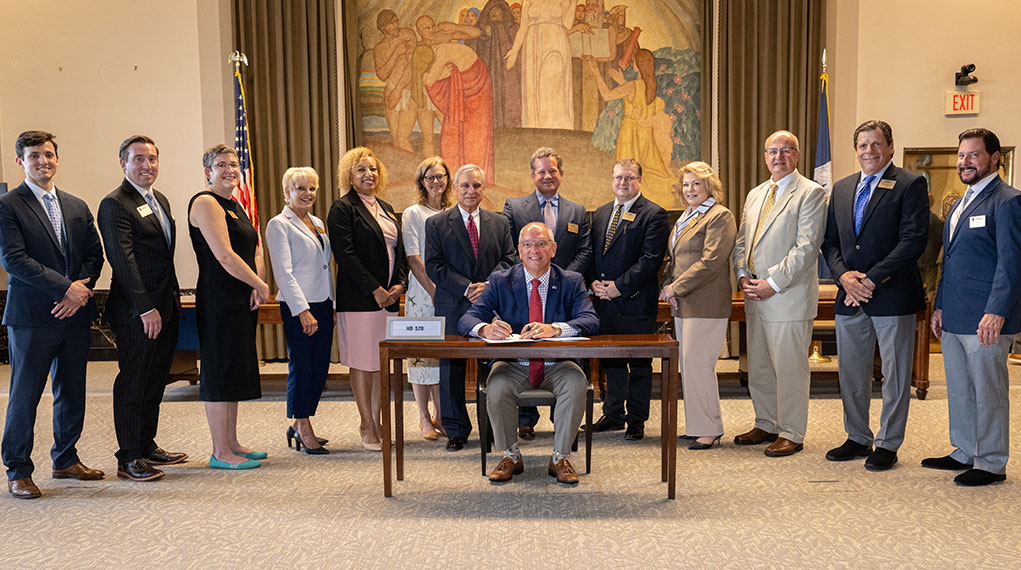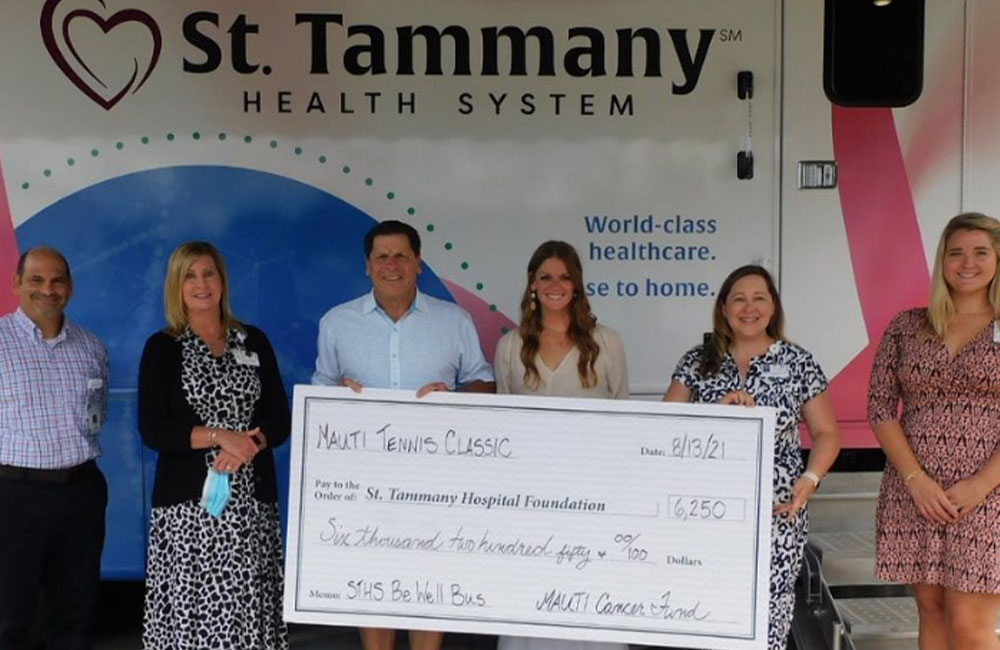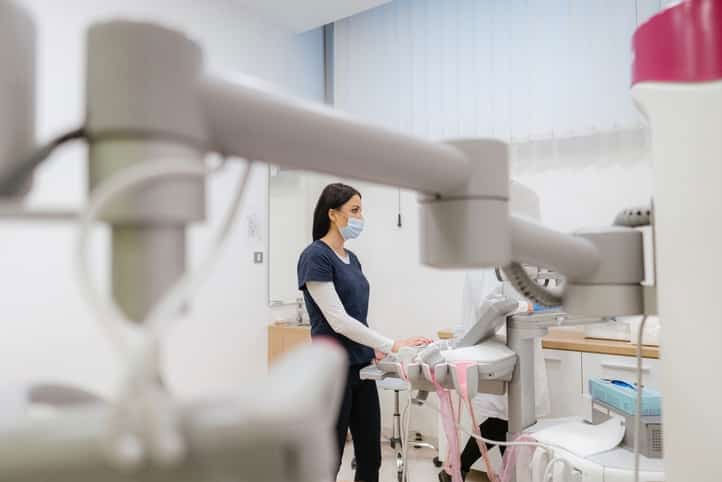By: Shawn McKinney, MD
Knowledge is one of the best preventative measures against breast cancer, the most common cancer among American women. It begins with understanding the risk factors, including those we can control and those we can’t.
This year, more than 331,000 women in the U.S. are expected to be diagnosed with breast cancer. In Louisiana, an estimated 4000 women will be diagnosed. Sadly, breast cancer is the second leading cause of cancer death in American women.
Breast cancer risk factors are things that increase the chances of developing the disease. Unfortunately, there are factors that we can’t control, such as:
- Age: as women age, so does risk as more breast cancer is diagnosed in women 50 and older
- Reproductive history: early menstrual periods before age 12 and starting menopause after 55 expose women to hormones longer, increasing one’s risk
- Family history: if you have a “first-degree” relative (such as a mother or sister) or multiple family members on either side of the family who has had breast or ovarian cancer, your risk increases
- Genetics: there could be an increase if you’ve inherited specific genes, such as BRCA1 and BRCA2
- Race: white and Black women are at greater risk than Asian, Hispanic, and American Indian/Alaska Native women
There are other risk factors that we can control:
- Weight: women who are overweight or obese are at greater risk than women who maintain a healthy weight
- Activity: physically active women reduce their risk while those with a sedentary lifestyle put themselves at greater risk for breast cancer as well as other diseases
- Alcohol consumption: studies show that breast cancer risk increases the more alcohol is consumed
When it comes to breast cancer, it is important to work on the things you can control and make sure those factors beyond your control are addressed by talking to your doctor and ensuring your physician has accurate information about your medical history. Your family medical history may make you eligible for genetic testing and counseling, that can be done to better understand your risk and steps you can take to decrease them.
Annual exams and screenings can catch cancer in the early stages
For many illnesses and disease there are associated symptoms, but do any of the early stages of breast cancer cause symptoms. If they do appear, things you need to watch for are:
- A new lump in the breast or under the armpit
- Swelling of part of the breast
- Persistent redness to the breast
- Changes to the nipple such as a rash to the skin or a persistent nipple discharge
- Any change in the size or shape of the breast
The best cancer prevention, though, starts with screenings, in the form of a mammogram, which are X-rays that allow a specialist to look at breast tissue to determine if there are any warning signs of breast disease. Women should begin yearly mammograms at age 40. October is National Breast Cancer Awareness Month, which was created 36 years ago to educate and empower women to take charge of their breast health.
Learn more about mammograms and breast exams at University Medical Center here or call us today to schedule an appointment at 504.702.5700.
Article from: https://www.umcno.org/blog/2021/october/don-t-wait-get-your-mammogram-now/







